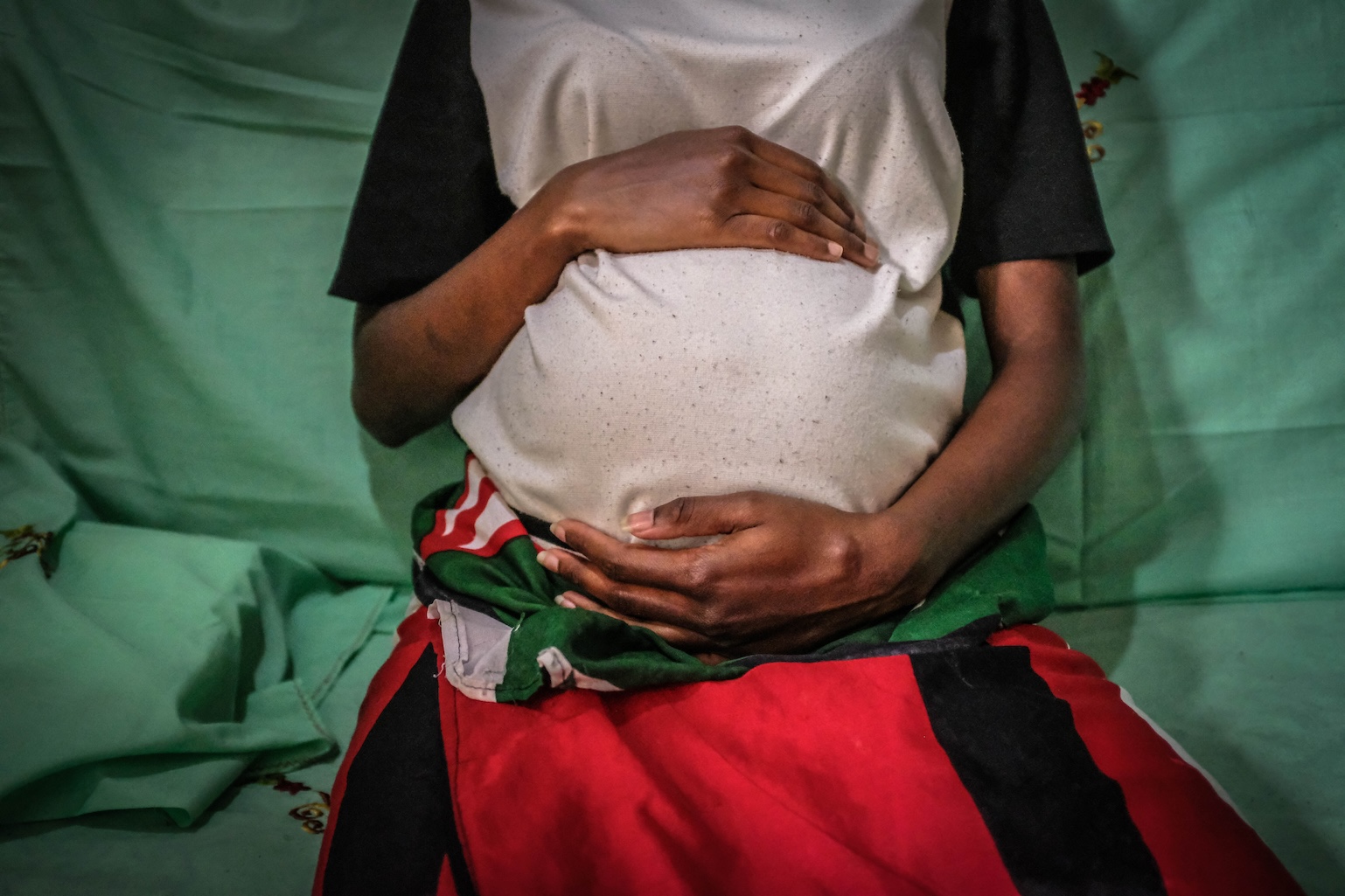Dr Gloria Maimela, Director of Climate and Health at Wits RHI in South Africa, outlines the impacts of excessive heat on pregnant women – and shares some of the ways research can provide solutions.


A few years ago, I came across some research done in Kenya where women reported that when it's hot, they can't even breastfeed their children.
As a medical doctor, my instinct is to save lives. So, when you read something like that and understand the impact it has, you want to do something to change it.
More studies have come out since – and even more are still in the pipeline – showing that excessive heat has a direct impact on pregnancy. Gestational diabetes, pregnancy-induced hypertension, low birth weight, prematurity, prolonged labour and even stillbirth have all been linked to when pregnant women are exposed to extreme heat.
I'm the principal investigator on a research study working to build a body of evidence on adaptation interventions that reduce the impact of heat on pregnant women and infants. And when I say adaptation, I mean we want to find better ways for women to cope with the excessive heat that we are seeing as a result of climate change in South Africa.
At an individual, household and community level, it’s about behavioural change and increasing awareness of the dangers of excessive heat. Effective interventions could be as simple as drinking more water, planting trees or painting a white roof.
Then we need to influence policy at a national and international level. For example, there aren't any maternal health indicators or existing surveillance systems to protect pregnant women from the impact of heat. So, we’re also generating evidence on early warning systems to be able to inform women when there is a risk to their health because of heat exposure.
Finally, we need to stimulate further research in the area. We are laying the foundation on which many other questions can then be explored. I'm particularly interested in delving deeper into the biological pathways – for example, what exactly is it about heat that results in prematurity?
We want to be able to impart some knowledge to the next generation; to say listen, if you don't look after the environment, if you don't change, these are the things that you will see. We’ve given you the evidence; now you need to go and use it.
The African continent is disproportionately affected by climate change and yet we are not responsible for most of the greenhouse emissions causing global warming.
We need to attract more research funding to implement projects like ours which could help vulnerable populations adapt to the impact of global warming.
Dr Gloria Maimela, Director of Climate and Health at Wits RHI in South Africa, outlines the impacts of excessive heat on pregnant women – and shares some of the ways research can provide solutions.